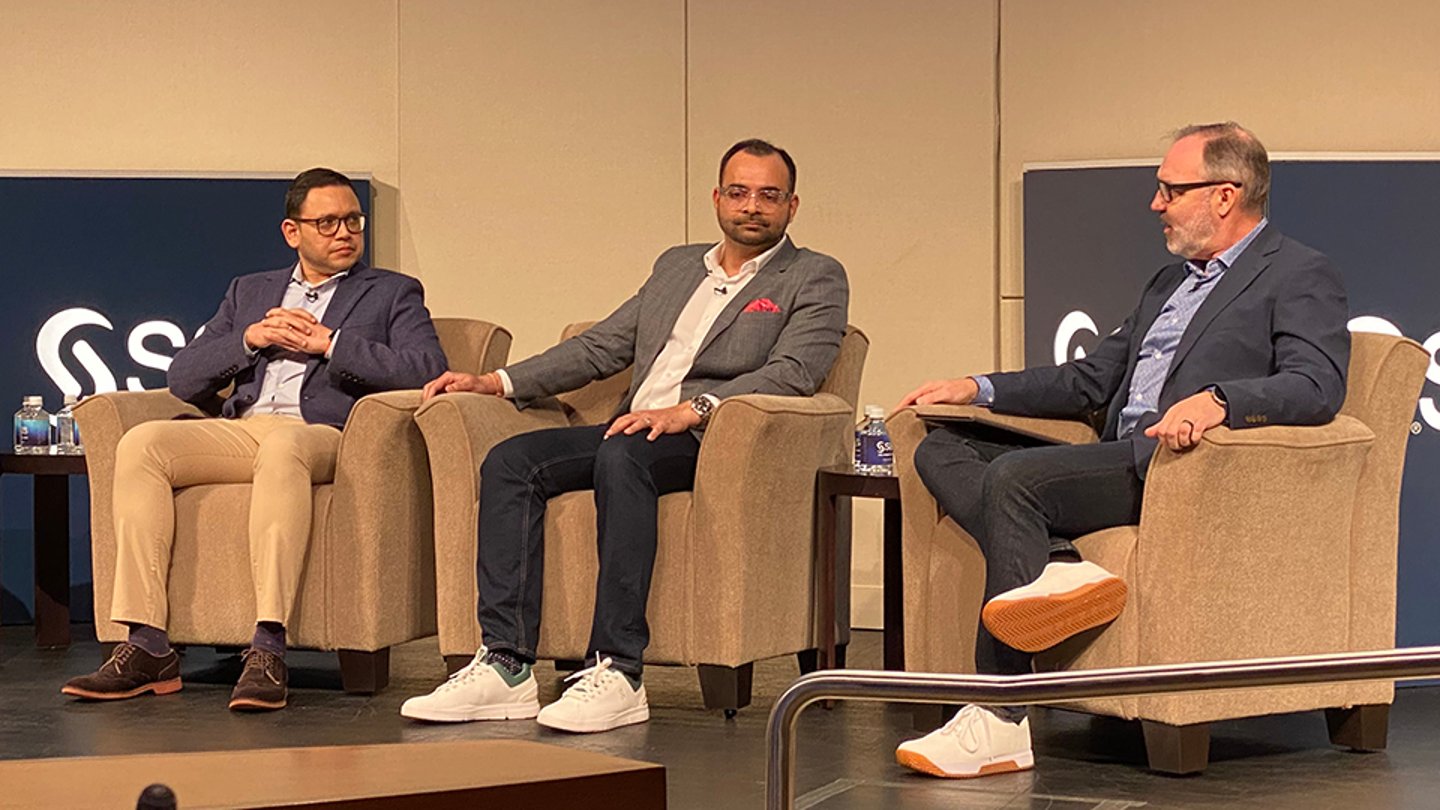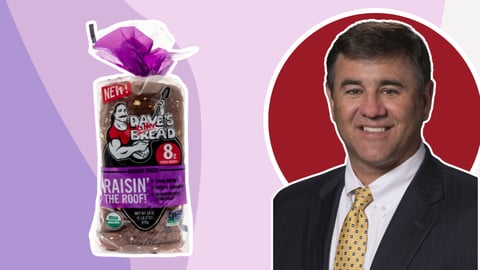How Kellogg’s, PDC Brands Are Transforming Supply Chains Into Revenue Centers
Consumer goods companies have traditionally viewed the supply chain as a necessary evil to be effectively managed to reduce unnecessary expenses. But more companies, including Kellogg’s and PDC Brands, are exploring how it can be transformed into a revenue center.
To Rob Birse, VP of Global Advanced Technology for Kellogg, success in shifting organizational thinking about supply chain is measured by two metrics: “One is the level of indigestion you can create in the organization. The other is about the swagger you can bring back. Disruption and transformation is what I do,” he noted at last month’s League of Leaders meeting, a cross-functional gathering of business and IT leaders in retail and consumer goods who meet quarterly to exchange ideas on a range of trends.
More practically from a B2B POV, “we found quickly that it wasn’t about the order; it was about the data we were using to justify the transactions,” Birse reported. “That role pivoted to leading advanced commercial analytics for the business. We really had to change the way that we talked and addressed these challenges with our retailers, and that really changed from a sales conversation to a data conversation.”
A conversation, of course, requires multiple parties. But there’s often resistance to data sharing up-and-down the supply chain considering the hefty investment everyone makes in collecting data to benefit their own businesses.
Instead of adversarial postering, as if one party is working for the other, Sulabh Jain, head of global planning for PDC Brands, suggested creating a value-added partnership where data is concerned.
“We have made our suppliers an extension of us,” he explained. “Now they are more like our strategic partners. We have brought them to the table and are trying to understand their problems to help them out. As an example, Instead of sharing monthly forecasts, we’re sharing weekly POS data.”
Sharing data is one thing, however. Acting on the data — that’s another problem.
“We don’t have a data problem; we really don’t have an analytics problem, either. We have a decision-making problem,” said Birse. “And that’s grassroots commercial decision making, all the way up to CEO decision making. The data presents itself, the insights are there even conclusively driving direction, yet we still don’t necessarily adopt them.”
Perhaps a more basic supply chain management problem is who’s doing the managing. On the positive side, given all the recent supply chain headlines, the supply chain seems to have transformed into a cool gig.
“Because it was such a buzzword, in the last year or two everybody’s now talking about supply chain, how challenging the field is, and with so many opportunities,” said Jain. “There has been an influx of talent as people have been switching careers to join the supply chain. We’re trying to cross train people, bringing them on board with an expectation to add value and constantly raising the bar.”
While the supply chain is attracting talent, keeping them is a matter of freeing them to use their smarts to create a new supply chain profit center.
“Seventy percent of their time is being spent on managing the run site operations, day-to-day firefighting,” said Saurabh Atri, retail and consumer goods GTM head, North America, for Tata Consultancy Services. “We are using tools in technology around automation, analytics, AI to reduce that time from 70% to maybe 10% so that they can focus and go beyond the thought process and mindset from running the operations to thinking around revenue strategy.”
“Measuring those decisions and keeping people accountable is a fantastic opportunity,” Birse added. “Imagine the amount of revenue that slips through our fingers just through pivoting to ‘We’ll just do it like we did it yesterday,’ versus ‘Let’s move forward and do something different tomorrow.’”
Immerse Yourself In the Conversation
Dive deeper into CX and other timely topics by tuning in to the podcast Change Cultivators, hosted by Patrick Fitzmaurice, with this special episode recorded onsite at our latest League of Leaders meeting. Explore unconventional perspectives, invaluable change leadership examples and personal experiences, and golden nuggets of change activation. Featuring guests such as Albert Guffanti, VP, Retail Technology Group - Retail Leader, RIS, CGT, EnsembleIQ; Judy Moon, VP, global head of revenue, Digimarc; Derek Gaskins, chief marketing officer, Yesway; and Justin Honaman, head, worldwide retail and consumer goods go-to-market, AWS.






